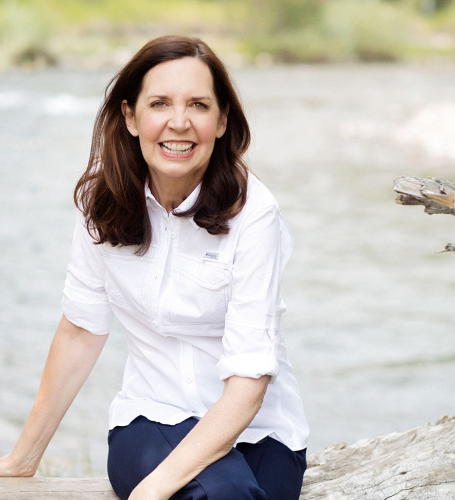Dip in and out as suits your diary! The overall format of the event will see a combination of multiple sessions over the 3 days, featuring keynotes, panel discussions and industry case studies. Available slides and recordings will remain online to be viewed at any time up to 20 days after the event so you don’t have to catch it all live.
Day 1 - Tuesday, 22nd June 2021
22nd June
9:20 – 9.30am
#DTconf21 Welcome Address
Denis Hayes, Managing Director, IRDG
The pandemic has triggered astonishingly swift and sweeping change to how people work, shop, socialise, relax, approach hygiene, and generally view the world. Which new behaviours and habits will persist, and what are the implications for the long-term viability of different business strategies? As companies move forward with little precedent and considerably high stakes, human-centred design can provide much-needed structure and focus for assessing needs, testing and building solutions, and adapting business models to recover more quickly and thrive over the long term.
Design Thinking is a design methodology that provides a solution-based approach to solving problems. A very unique aspect of design thinking is the stretch to achieve a balance between Human Desirability, Business Viability, and Technical Feasibility. Unlike traditional approaches of creative problem solving, where there is often a trade-off between what’s good for the customer and what’s profitable for the company, design thinking strives to strike a balance between all three aspects.
Over these 3 days we will explore how design thinking can help companies more methodically—and confidently—establish new business ideas, innovations, and capabilities to benefit customers, employees and partners.
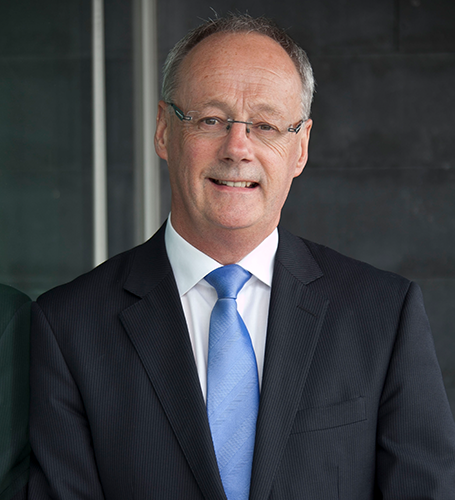
22nd June
9:30 – 10.30am
Design Thinking – Quo Vadis?
Uli Weinberg, Director School of Design Thinking at Hasso Plattner Institute, Potsdam
(session time ~ 50 mins)
The Corona crisis has made it obvious how important adaptability is for people and organizations. While many industrial companies have introduced a culture of change and innovation in recent years with agile frameworks such as Design Thinking, Google Sprint, Scrum and Lean Startup, government organizations are still trapped in rigid bureaucratic structures in which cross-disciplinarity, collaboration, teamwork and complex problem-solving scenarios are not yet a matter of course. In his keynote, Prof. Weinberg addresses the cultural and social dimension of the digital transformation, which is much more profound than many assume and is slowly entering the consciousness of political decision-makers. He will show what a significant role Design Thinking can play in these transformation processes and how the human-centric approach enables an ethical and values-based mindset to the development of future technologies. Prof. Weinberg will also provide a live insight into the hybrid learning and working environment currently under development at HPI.
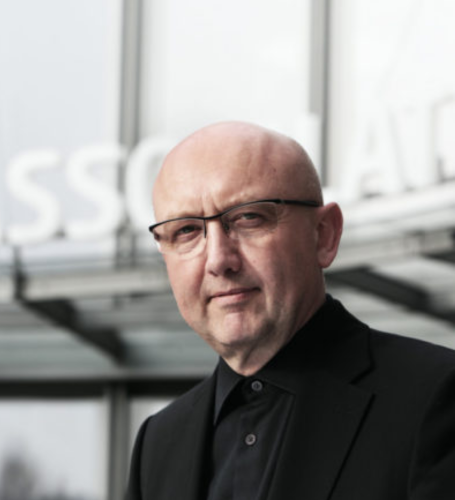
22nd June
10:45 – 11.45am
Introducing Design Thinking: Personal, Product, Process, Profit perspectives
Frank Devitt, Innovation Management, Strategy & Design Thinking at Maynooth University
(session time ~ 50 mins)
Design Thinking has become popular and powerful because it successfully tackles business and innovation problems from multiple angles. Many of the individual techniques and practices are not new. However, design thinking achieves its force through their combined, integrated action and its sustained effect through embedded mindsets and culture. This talk will introduce design thinking with a broad overview and explain why and where it is most valuably practised.
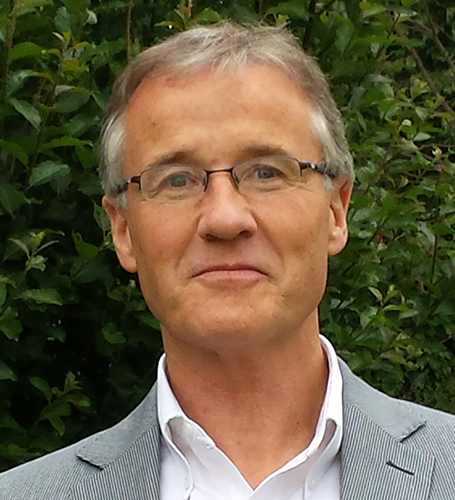
22nd June
12.00 – 1.00pm
IRDG Member Forum: Practical Implementation of Design Thinking
Claire O’Grady, Service Designer at Musgrave and John McKeon, Chief Executive Officer at Allergy Standards
(session time ~ 50 mins)
Musgrave Talk Title: Design Thinking and The Happy Pear
Overview: Claire will show how using Design Thinking in Musgrave helped them to understand the emerging needs and behaviours of plant-based shoppers which led to a re-design of the in store shopping experience, drove innovation and grew sales of The Happy Pear brand. This case study will cover each stage of the Design Thinking process and demonstrate how it was applied to a real-life business challenge to deliver new ideas and drive category growth. Claire will show how by using Design Thinking, Musgrave were better able to meet their customers’ needs and drive profitable innovation.
Allergy Standards Talk Title: Getting On The Road – innovation is out there, not in here.
Overview: John will discuss how design thinking at Allergy Standards triggered them to take action, get out of the office, and physically go and meet their customers, when the world allowed! This case study of implementing design thinking principles will focus on empathic listening, interviewing, and persona mapping. Establishing the voice of customer (VOC) must be an essential part of research and development if innovation is going to be commercially successful, and not just creativity and ego-monuments.
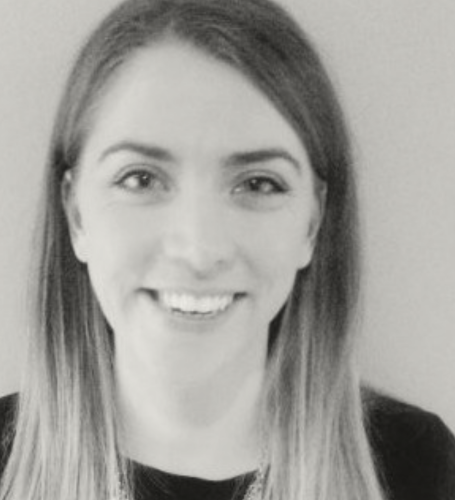
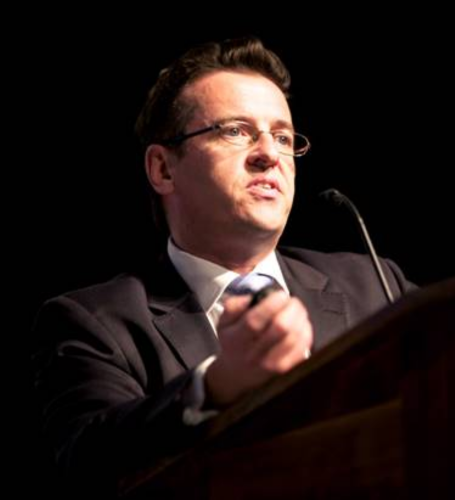
22nd June
1.15 – 1.50pm
Lunch time Virtual Networking
Join us and randomly meet and chat with delegates attending the conference who are also interested in connecting with others.
(session time ~ 30 mins)
Join us for some Speed Networking over lunch time where we will help you get connected with other delegates with an interest in all things design thinking. You will randomly meet with a number of people for brief introductions, which you can follow up later as appropriate. Designed to help you broaden your network in this time where it’s more difficult to meet in person, we hope you’ll join us and get to know a few new people!
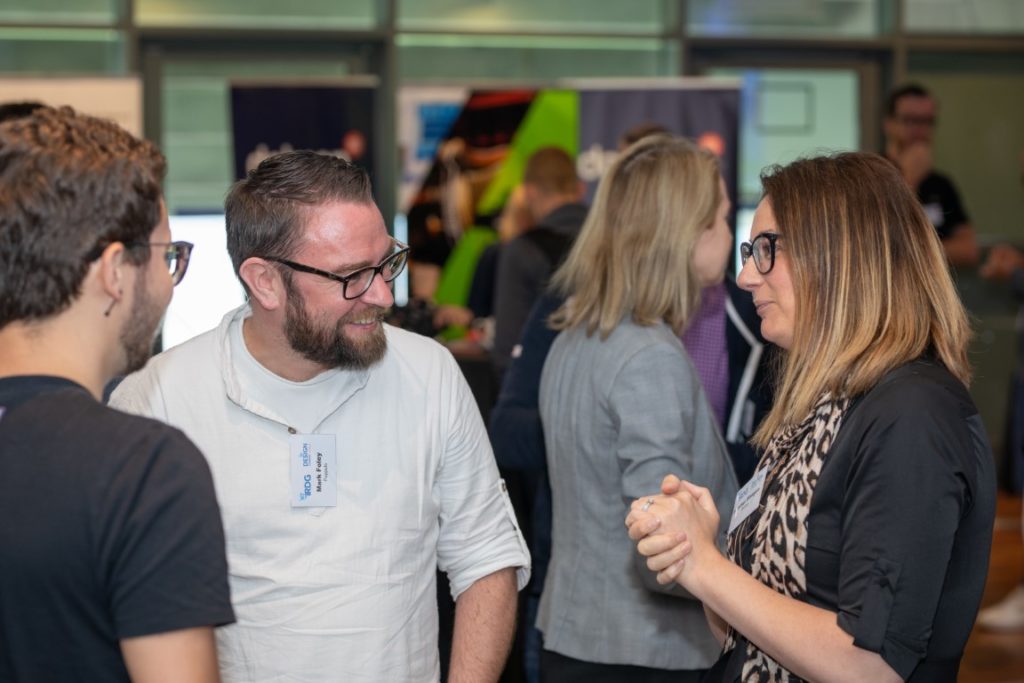
22nd June
2.00 – 3.00pm
Using Service Design to Redefine Employee Experiences – A case study from a large technology company.
Linn Vizard, Designer & Leading Advocate of Service Design and Founder of Made Manifest
(session time ~ 50 mins. Note this session is live only. No recording will be available)
We’re all familiar with the idea of using service design to deliver great customer experiences, but what about using it to define a company’s internal experience?
We will explore the story of how a fast scaling technology company, struggling with disjointed employee experiences, turned to service design to bring together ten HR and operations leaders. Learn from our challenges, successes, failures and reflections in designing a new organizational model for delivering outstanding employee experiences over a period of six months.
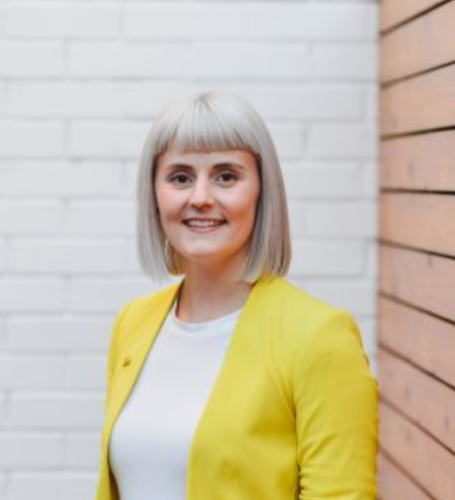
22nd June
3.15 – 4.30pm
Everything is a Prototype (lessons learned from the world’s largest design transformation)
Phil Gilbert, General Manager, Design at International Business Machines (IBM)
(session time ~ 65 mins)
In 2012, IBM faced a dilemma. The world of IT was moving faster than the 380,000 person organization could muster. Additionally, it was clear that peoples’ expectations of usability around all these rapidly changing capabilities was rising. While IBM had a storied past in great design, it was just that: in the past. Phil Gilbert was asked to change that; he was asked to build “a sustainable culture of design and design thinking” at IBM.
Starting from scratch, IBM today has 3,000 formally-trained designers and has certified more than 200,000 people in its Enterprise Design Thinking approach. In this talk, Phil will be sharing a few lessons learned along the journey that’s resulted in the largest enterprise design force in the world and a company that uses design thinking in most all of its everyday work.

Day 2 - Wednesday, 23rd June 2021
23rd June
9:25 – 9.30am
#DTconf21 Opening & Welcome
Denis Hayes, Managing Director, IRDG
Welcome to day. Agenda overview. Housekeeping issues.

23rd June
9.30 – 10.30am
How to Cultivate your Creative Practice?
Anja Svetina Nabergoj, Lecturer and Innovation Coach at Stanford d.school
(session time ~ 50 mins. Note this session is live only. No recording will be available)
In the last decade organizations around the World set on a journey to adopt more creative ways of problem finding and problem solving. As many of you recognize, creativity can’t simply be switched on and off when we happen to need a great idea on a project. Creativity requires us to cultivate a set of behaviours, attitudes and mindsets and regularly practice them. In this talk we will explore creativity as a craft that is sharpened through a regular and deliberate practice.
We will show you concrete ways to kick off your personal creative practice and how you can create an environment in which your team’s creativity will flourish. Often, we think of creative practice only in terms of generating new ideas on post its. But in reality, creative practices of prolific innovators are much more focused on how they approach problem finding and problem solving. We will explore why stepping away from back-to-back meetings and creating pockets of void in your calendar can lead to more creative work. We will discuss how to cultivate curiosity in your daily work and life. We will share some practical tips on how to seek out unexpected sources of inspiration. And lastly, we will show you how to cultivate a sense of calm and alertness that are most conducive for creative work.
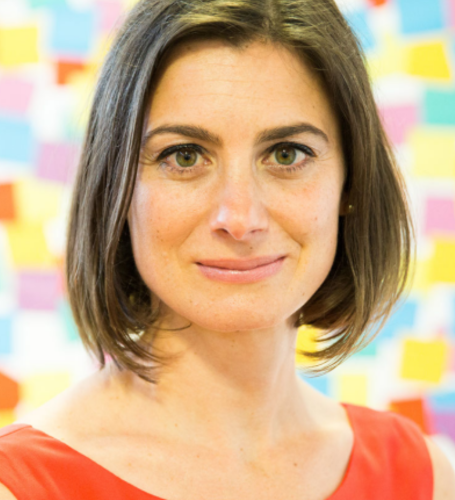
23rd June
10.45 – 11.45am
Innovating in the next new normal – How to create a “flexible hybrid” environment?
Claudia Nicolai, Co-director and Academic Director at the HPI School of Design Thinking in Potsdam
(session time ~ 50 mins)
The last 1.5 years have been pushing organizations into a digital transformation as many of them were faced with remote and virtual work, quite often in temporary home offices. This disruption has massively affected the activities in particular in the field of innovation and design thinking. Until then, the mantra for creativity and collaboration in design thinking has been the physical innovation space.
The first transformational phase was to create new virtual innovation spaces that bring with them the value-based qualities of openness and shared leadership.
But what’s next in the new normal? Companies now face the challenge of creating new, hybrid forms of innovation practices that combine digital & analog, synchronous & asynchronous, distributed & collaborative teamwork in a new flexible and adaptable hybrid space that requires a new form of agility.
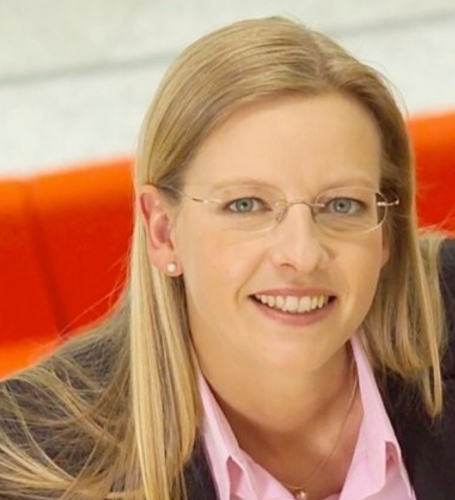
23rd June
12.00 – 1.00pm
A Human-Centred approach to Digital Transformation in the Health Service
Des O’Toole, Clinical Digital Innovation Lead and Digital Transformation at Health Service Executive (HSE)
(session time ~ 50 mins)
Des has a deep interest in storytelling and its role in sharing experiences, journeys and to connect with each other. In this talk, he will share how HSE colleagues – those in the background – stood up the response to Covid. He will also look at the case study of a novel respiratory rate monitor, developed to help battle Covid-19 and the design challenges faced in rolling it out across the hospital network.

23rd June
1.15 – 1.50pm
Lunch time Virtual Networking
Join us and randomly meet and chat with delegates attending the conference who are also interested in connecting with others.
(session time ~ 30 mins)
Join us for some Speed Networking over lunch time where we will help you get connected with other delegates with an interest in all things design thinking. You will randomly meet with a number of people for brief introductions, which you can follow up later as appropriate. Designed to help you broaden your network in this time where it’s more difficult to meet in person, we hope you’ll join us and get to know a few new people!
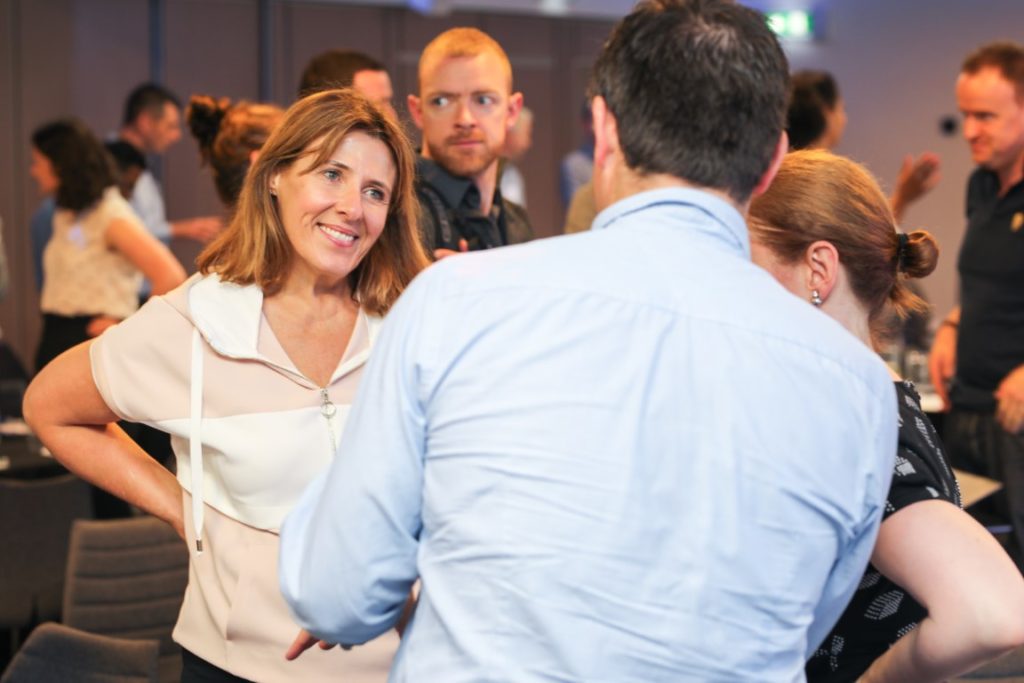
23rd June
2.00 – 3.00pm
IRDG Member Insights: Practical Implementation of Design Thinking
Jenn Whittingham, Principal UX Designer at McKesson and Chris Curran, Head of Research and Innovation Partnerships, Irish Life
(session time ~ 50 mins)
McKesson Talk Title: How Design Thinking at McKesson has changed the way teams think about building products.
Overview: How McKesson went from building features to solving for pain points. We discuss an example of how an initial problem statements from the business changed, was widely accepted and is a successful solution at McKesson. How teammates are having aha moments and products are showing success.
Irish Life Talk Title: Developing propositions for the Next Generation.
Overview: Chris is going to look at a case study where Irish Life developed a new savings and investment proposition aimed at the Millennial and Generation Z age cohorts. He will look at the iterative process from initial research through definition to ideation and test, up to looking at the imminent launch.

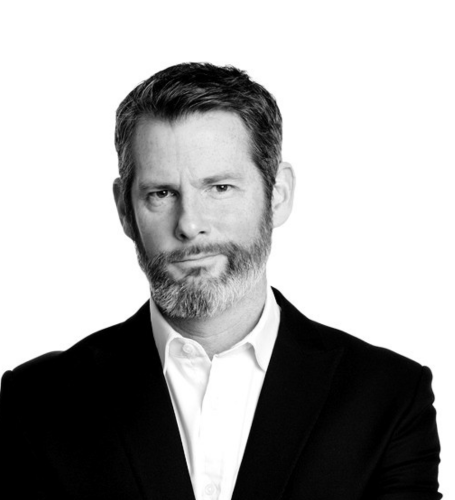
23rd June
3.15 – 4.30pm
The World Needs Design More Than Ever
Mauro Porcini, Chief Design Officer at PepsiCo
(session time ~ 65 mins)
PepsiCo’s Chief Design Officer, Mauro Porcini, discusses the value of design-led thinking and how companies should integrate design into their cultures to drive innovation, brand-building and growth. Mauro will detail PepsiCo’s journey to further integrate design into the business teams around the world, unlocking opportunities for PepsiCo’s brands across product, packaging and experience. He will also highlight the pillars of design thinking and how curiosity can lead to inspiring, meaningful solutions to help create a better world.
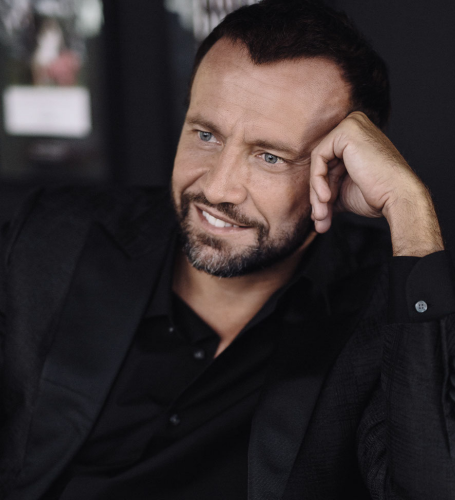
Day 3 - Thursday, 24th June 2021
24th June
9:25 – 9.30am
#DTconf21 Opening & Welcome
Denis Hayes, Managing Director, IRDG
Welcome to day. Agenda overview. Housekeeping issues.

24th June
9.30 – 10.30am
How to be the Person Designing for Other People
Melis Senova, Co-Founder of Huddle and author of This Human
(session time ~ 50 mins. Note this session has been pre-recorded)
This keynote covers the critical and very human traits that we need to develop, or in some cases simply just uncover, to be effective in design-led, human centred practices. Whether this is about leading self or leading others, the topics covered are universal and can be applied no matter what your background or your work context. At the end of the keynote, you may walk away with a slightly shifted perspective on why knowing yourself and how you exist in the world is critical to good design and good leadership.

24th June
10.45 – 11.45am
Why Better Human Understanding is the Only Way Forward
Craig Scott, Head of User Insights at Dolmen Design & Innovation
(session time ~ 50 mins)
If you want to establish a new business or grow an existing one there really is only one way – understanding your target customer better than your competition and acting on that understanding better than your competition. Too often the user is overlooked. Not even consulted. That companies think they know better (sometimes referred to as ‘tribal knowledge’). But they can be wrong. The most important person in your market is the customer who votes for your proposition with their Euros. Particularly in an increasingly competitive marketplace. Better human understanding, at every stage of the development process, delivers competitive advantage. Craig Scott will explain why you need to get out there and listen to them with real examples of what bad looks like and what good looks like. He also hopes to inspire you to invest in your human understanding.
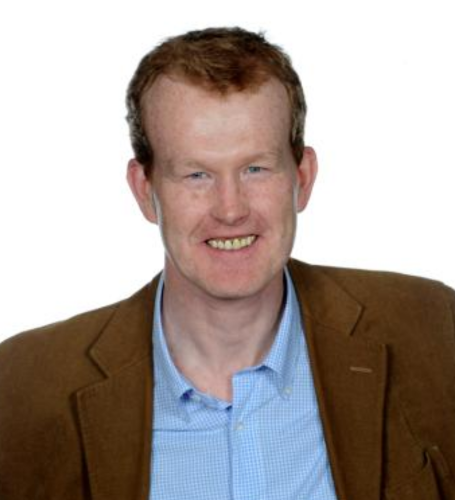
24th June
12.00 – 1.00pm
The Hidden Dangers of Innovating without Psychological Safety
Holly O’Driscoll, CEO at Ampersand Innovation and former Global Design Thinking Leader & Innovation Strategist Procter & Gamble, USA
(session time ~ 50 mins)
Made famous by Harvard professor Amy Edmonson, the topic of psychological safety plays a prominent role in the sharing of wild ideas and exploring what’s possible, both hallmarks of any successful innovation effort. You’ll be invited to explore what happens in our innovation teams when we get something wrong, to consider that it’s sometimes dangerous not to speak up as well. In this session, we will unpack the ways to bring more psychological safety to work everyday, and why it matters so much to the betterment of ourselves, our teams, our leadership and the enterprise at large.
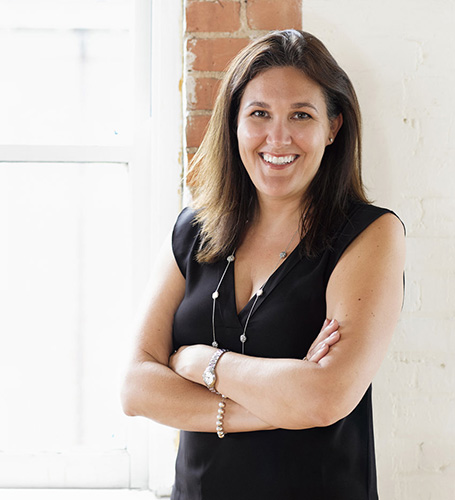
24th June
1.15 – 1.50pm
Lunch time Virtual Networking
Join us and randomly meet and chat with delegates attending the conference who are also interested in connecting with others.
(session time ~ 30 mins)
Join us for some Speed Networking over lunch time where we will help you get connected with other delegates with an interest in all things design thinking. You will randomly meet with a number of people for brief introductions, which you can follow up later as appropriate. Designed to help you broaden your network in this time where it’s more difficult to meet in person, we hope you’ll join us and get to know a few new people!
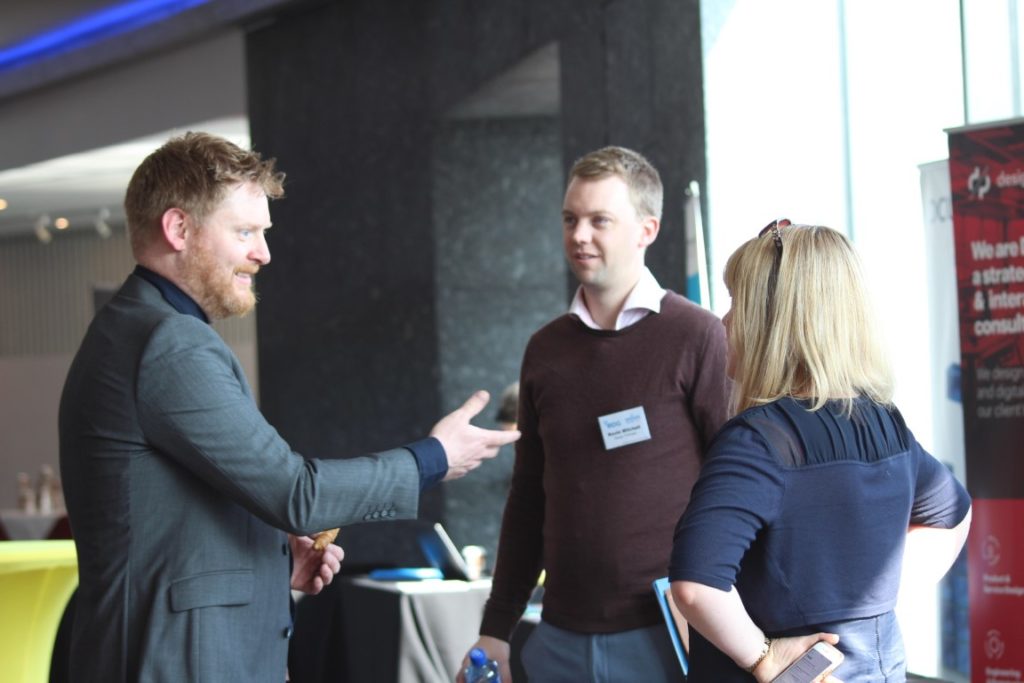
24th June
2.00 – 3.00pm
The Change Tsunami
Aidan McCullen, Change Consultant, Corporate Coach and Host of the Innovation Show
(session time ~ 50 mins. Note this session is live only. No recording will be available)
Warren Buffett famously said, “Only when the tide goes out do you discover who’s been swimming naked.”
The pandemic has certain caught many of us with our pants down if we had any on in the first place.
Now that we are returning to some semblance of normality, what are we expecting, things to return to normal, a new normal?
The challenge we face is that not only do we need to adapt to a new way of running organisation and adopt a new are flexible mindset, but we also need to adapt to shifting consumer demands.
The pandemic has proved an accelerant for changes that were already under way. It brought us closer to a digital world, but it also gave customers a taste of products that made have taken many more years to diffuse into society. As a result, we must adapt to many shifting forces. This is a challenge, but as humankind has shown since our first days on the planet, we are resilient, we are innovative and we are adaptable.
This talk will bring us on that journey.
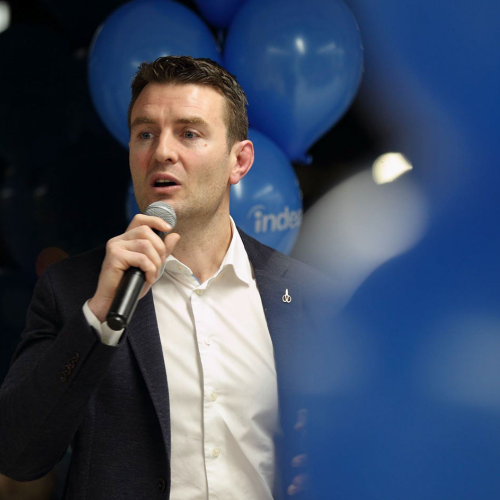
24th June
3.15 – 4.15pm
Experiencing Design – the Innovator’s Journey
Karen Hold, Founder & CEO of Experience Labs
(session time ~ 50 mins)
On the surface, practicing design thinking involves a set of seemingly simple activities like gathering data, generating ideas, prototyping, and experimenting. But to achieve Design Thinking’s full potential, you need to go deeper. Great design thinkers don’t just do design, they go through deep experiences at each stage of the process that fundamentally alter their mindset and skills. To create something new, you need to become someone new. This session will explore what it takes to deepen your design thinking practice.
